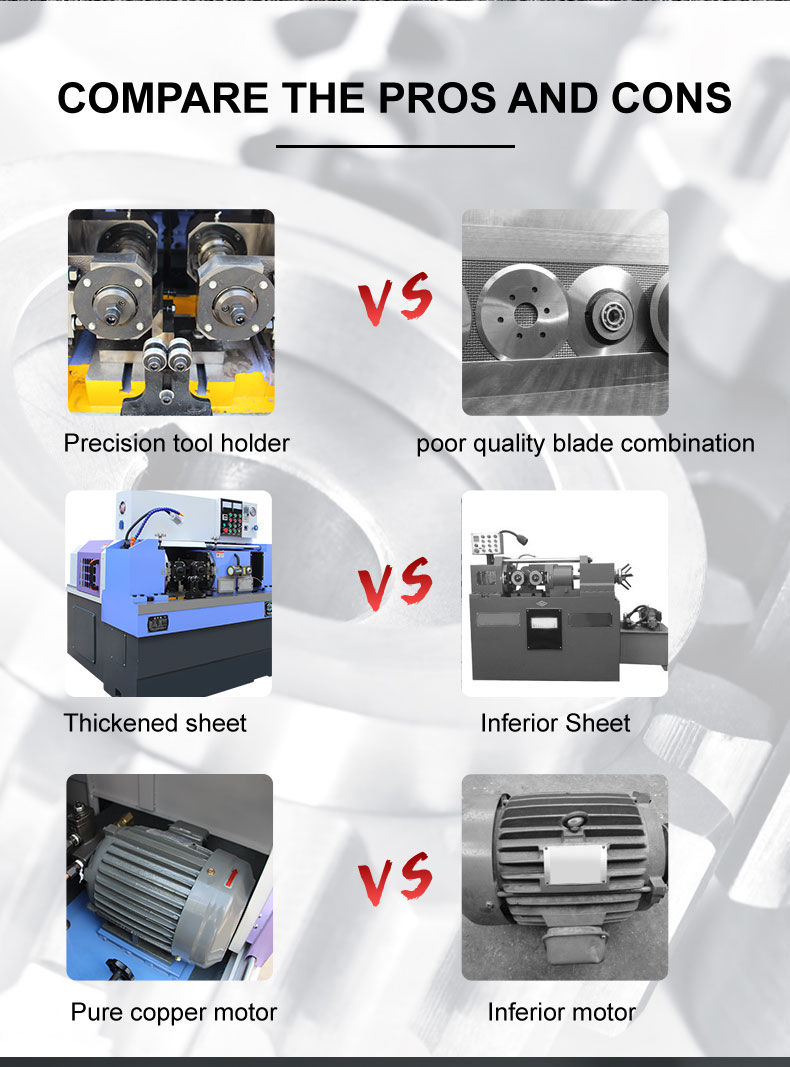
-
 Afrikaans
Afrikaans -
 Albanian
Albanian -
 Amharic
Amharic -
 Arabic
Arabic -
 Armenian
Armenian -
 Azerbaijani
Azerbaijani -
 Basque
Basque -
 Belarusian
Belarusian -
 Bengali
Bengali -
 Bosnian
Bosnian -
 Bulgarian
Bulgarian -
 Catalan
Catalan -
 Cebuano
Cebuano -
 Corsican
Corsican -
 Croatian
Croatian -
 Czech
Czech -
 Danish
Danish -
 Dutch
Dutch -
 English
English -
 Esperanto
Esperanto -
 Estonian
Estonian -
 Finnish
Finnish -
 French
French -
 Frisian
Frisian -
 Galician
Galician -
 Georgian
Georgian -
 German
German -
 Greek
Greek -
 Gujarati
Gujarati -
 Haitian Creole
Haitian Creole -
 hausa
hausa -
 hawaiian
hawaiian -
 Hebrew
Hebrew -
 Hindi
Hindi -
 Miao
Miao -
 Hungarian
Hungarian -
 Icelandic
Icelandic -
 igbo
igbo -
 Indonesian
Indonesian -
 irish
irish -
 Italian
Italian -
 Japanese
Japanese -
 Javanese
Javanese -
 Kannada
Kannada -
 kazakh
kazakh -
 Khmer
Khmer -
 Rwandese
Rwandese -
 Korean
Korean -
 Kurdish
Kurdish -
 Kyrgyz
Kyrgyz -
 Lao
Lao -
 Latin
Latin -
 Latvian
Latvian -
 Lithuanian
Lithuanian -
 Luxembourgish
Luxembourgish -
 Macedonian
Macedonian -
 Malgashi
Malgashi -
 Malay
Malay -
 Malayalam
Malayalam -
 Maltese
Maltese -
 Maori
Maori -
 Marathi
Marathi -
 Mongolian
Mongolian -
 Myanmar
Myanmar -
 Nepali
Nepali -
 Norwegian
Norwegian -
 Norwegian
Norwegian -
 Occitan
Occitan -
 Pashto
Pashto -
 Persian
Persian -
 Polish
Polish -
 Portuguese
Portuguese -
 Punjabi
Punjabi -
 Romanian
Romanian -
 Russian
Russian -
 Samoan
Samoan -
 Scottish Gaelic
Scottish Gaelic -
 Serbian
Serbian -
 Sesotho
Sesotho -
 Shona
Shona -
 Sindhi
Sindhi -
 Sinhala
Sinhala -
 Slovak
Slovak -
 Slovenian
Slovenian -
 Somali
Somali -
 Spanish
Spanish -
 Sundanese
Sundanese -
 Swahili
Swahili -
 Swedish
Swedish -
 Tagalog
Tagalog -
 Tajik
Tajik -
 Tamil
Tamil -
 Tatar
Tatar -
 Telugu
Telugu -
 Thai
Thai -
 Turkish
Turkish -
 Turkmen
Turkmen -
 Ukrainian
Ukrainian -
 Urdu
Urdu -
 Uighur
Uighur -
 Uzbek
Uzbek -
 Vietnamese
Vietnamese -
 Welsh
Welsh -
 Bantu
Bantu -
 Yiddish
Yiddish -
 Yoruba
Yoruba -
 Zulu
Zulu
thread rolling machine working product
Understanding Thread Rolling Machines and Their Applications
Thread rolling machines are essential tools in various manufacturing sectors, particularly in the production of threaded fasteners such as screws, bolts, and nuts. These machines employ a unique process that forms threads by cold working a metal blank rather than cutting it. This method provides several advantages over traditional machining methods, including improved material properties, higher production rates, and reduced material waste.
How Thread Rolling Works
The thread rolling process involves three main components the workpiece, the dies, and the rolling mechanism. The workpiece, typically a cylindrical metal blank, is positioned between two dies that are specially designed to create the desired thread form. As the machine operates, the dies apply pressure and rotate around the workpiece, which causes the metal to flow and form threads that are both precise and consistent in shape.
During this process, the material experiences a significant increase in density and strength due to the cold working effect. Cold working, which refers to deforming metals at room temperature, results in a finer grain structure and improved mechanical properties. As the material is compressed, any existing impurities also get displaced, leading to enhanced durability and resistance to wear.
Advantages of Thread Rolling Machines
1. Increased Strength The cold working process enhances the mechanical properties of the material, making the threaded parts stronger and more durable. This is particularly beneficial in applications where high strength and reliability are critical, such as in the automotive and aerospace industries.
2. Cost-Effectiveness Thread rolling is generally more economical than cutting methods because it reduces material waste. Since the process displaces the material rather than removing it, manufacturers can achieve higher yields from raw materials.
thread rolling machine working product

3. Improved Surface Finish The rolling process typically produces a smoother surface finish compared to traditional cutting methods. A better surface finish can reduce friction in applications and minimize the need for additional processing.
4. Higher Production Rates Thread rolling machines can produce a large number of threaded parts in a relatively short amount of time. This efficiency makes them ideal for high-volume production environments where speed and consistency are essential.
5. Versatility Thread rolling machines can accommodate a wide variety of materials, including steels, aluminum, and alloys. They can also be configured to produce various thread forms, which makes them suitable for diverse applications across different industries.
Applications of Thread Rolling Machines
Thread rolling machines are utilized in various sectors, each requiring specific threaded components. In the automotive industry, for instance, they are used to produce bolts and screws that withstand high levels of stress and fatigue. In the construction sector, strong and reliable threaded fasteners are critical for structural integrity.
Moreover, the aerospace industry demands precision-engineered threads that can endure extreme conditions. Here, thread rolling transpires to be advantageous due to its ability to improve tensile strength and fatigue resistance. Additionally, industries such as electronics, medical devices, and machinery manufacturing also rely heavily on thread rolling technology for their threaded components.
Conclusion
In summary, thread rolling machines play a crucial role in modern manufacturing, providing efficient, economical, and high-quality production of threaded fasteners. Their ability to enhance material properties while minimizing waste and maximizing production speed aligns well with the demands of today's competitive market. As industries continue to evolve and seek innovative solutions, the importance of thread rolling technology will undoubtedly continue to grow. The evolution of these machines signals a promising future for manufacturers looking to improve their efficiency and product quality in an ever-changing landscape.
